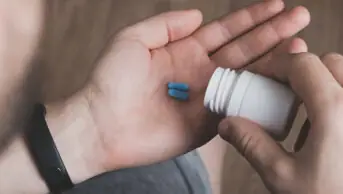GlaxoSmithKline (GSK) has announced plans to allow some of the poorest countries in the world to reproduce its inventions without paying royalties in a move to try and make its products more accessible.
Described as a ‘graduated’ approach to intellectual property, GSK says that it will not apply for patent protection for some of its drugs in around 50 of the world’s poorest nations, leaving the way open for generic producers to copy them and bring them to market more cheaply. In ‘lower middle income’ countries, GSK will seek patent protection in the usual way but will grant licences to generic producers in exchange for a nominal royalty.
The scheme is a good idea that appears to have been well considered and, although there are some risks, it is unlikely to cost the company much in terms of lost profits. The reality of the situation is that pharmaceutical companies tend to make most of their profits from trading in richer nations anyway. Therefore, opening the door to generic competition in poorer countries should not significantly affect their overall income. The company has also indicated that the scheme will not apply to its entire drug portfolio. More complex biological drugs, which are more expensive to develop, require special storage conditions and can also be more complicated to administer, are likely to be excluded. In many of the poorer countries there may be insufficient infrastructure in place to enable such complex drugs to be effectively delivered to the patient and administered.
But protecting profits is unlikely to be the sole consideration here. GSK’s decision seems to be a sincere attempt to balance humanitarian concerns about the need to increase access to drugs in poorer countries without compromising investment in current or future drug research programmes.
The scheme may well become a model for other drug companies to follow. Some governments have been threatening to increase their use of Compulsory Licence Orders, in order to make much-needed drugs more accessible to their populations and this could encourage others to take action. Of course, most companies would prefer to do so on their own terms, defining the concessions they are willing to grant, where and for which drugs.
Before rushing to copy the scheme, however, there are some risks that pharma companies will need to bear in mind. In particular, the risk of parallel imports is likely to increase if generic producers make greater quantities than required and attempt to bring surplus goods to market in other parts of the world. Although regulatory barriers should help to avoid this, GSK will also need to monitor the situation closely and take action to ensure that any such products are prevented from entering territories where patent protection exists.
Adrian Tombling
Partner and patent attorney
Withers & Rogers
Munich, Germany


